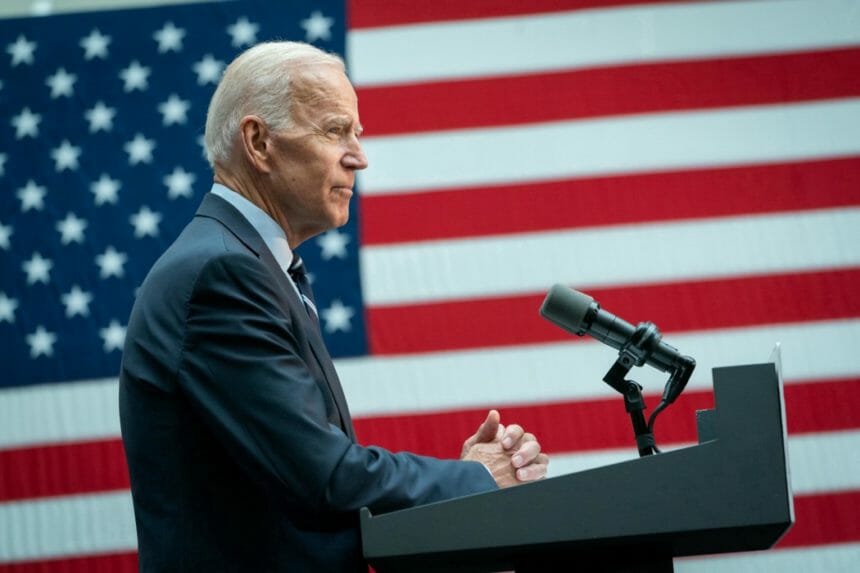
Long-term care operators can anticipate several changes in employment and labor laws once the country inaugurates a new president next week, according to a group of legal experts from the international law firm Proskauer Rose LLP. The group notes that President-elect Biden has touted support for improved pay equity, an increased federal minimum wage, pro-worker and pro-union labor policies and additional anti-discrimination protections.
“Bolstered by Democrat victories in the Georgia Senate runoff elections and the resulting unified Congress, the first in nine years, employers can expect new and amended workplace laws and rules in 2021,” the group wrote in a JDSupra article this week.
Legal experts note, for example, that Biden has publicly committed to supporting measures aimed at further tackling pay disparity, including pledging to sign the Paycheck Fairness Act (S 819 and HR 1869) during his term. Under current law, an employer may, for example, pay a male employee more than a female employee where the reason for the disparity is based on a “factor other than sex.” The Paycheck Fairness Act would eliminate this flexibility, limiting such disparities to bona fide objective factors such as education, training or experience.
The act also would prohibit employers from restricting employees from discussing wage information and require companies to report the compensation data to the U.S. Equal Employment Opportunity Commission correlated to employees’ race, sex and national origin. If signed, the bill would make it easier for employees to pursue individual and collective/class actions against their employers, alleging wage discrimination on the basis of race, sex and national origin, the law firm said.
Among other initiatives, experts also expect increases to the federal minimum wage, which currently is less than half the highest state minimum wage.
“Over the last few years, state and local governments nationwide have passed laws steadily increasing their minimum wage rates,” the group wrote. “President-elect Biden has followed their lead, repeatedly calling for raising the federal minimum wage to $15. With the Senate now controlled by Democrats, the White House is likely to secure the Congressional support necessary to increase the minimum wage, likely on an incremental basis over the next several years.”




